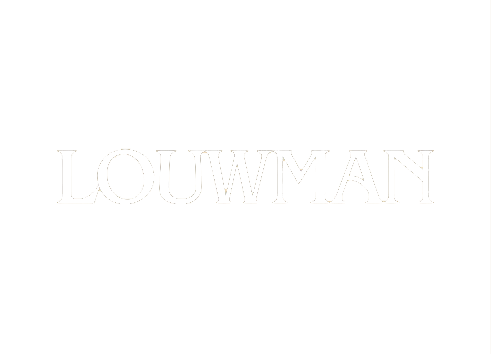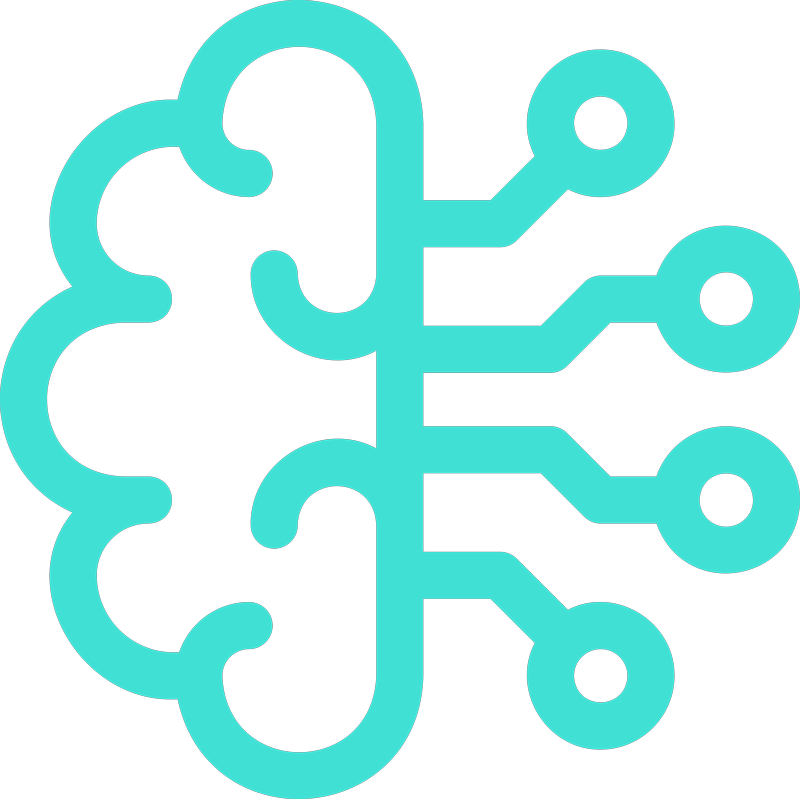Atomeus RPA is een next-gen oplossing die organisaties helpt de uitdagingen in dit decennium het hoofd te bieden. 400 x sneller dan andere oplossingen, autonoom opererend in de achtergrond op de laptop van een medewerker of in de cloud en met monitoring en beheer van de robot ingebouwd in de oplossingen – we mogen dit met recht RPA 2.0 noemen.
Wat krijg je als je kunstmatige intelligentie met RPA combineert? Precies – een unieke kans om slimme op jouw eigen data getrainde robots met medewerkers te laten samenwerken en complexe processen te automatiseren die normaal niet voor RPA in aanmerking komen.
Echte impact met data en AI? Dat bereik je als je de precisie van data combineert met de rekenkracht van cloud computing en menselijk inzicht.
Uw gebruikers zijn omringd door slimme technologie: Google, Spotify, Netflix, ChatGPT. U wil uw gebruikers dezelfde ervaring bieden maar U weet nog niet hoe?


















